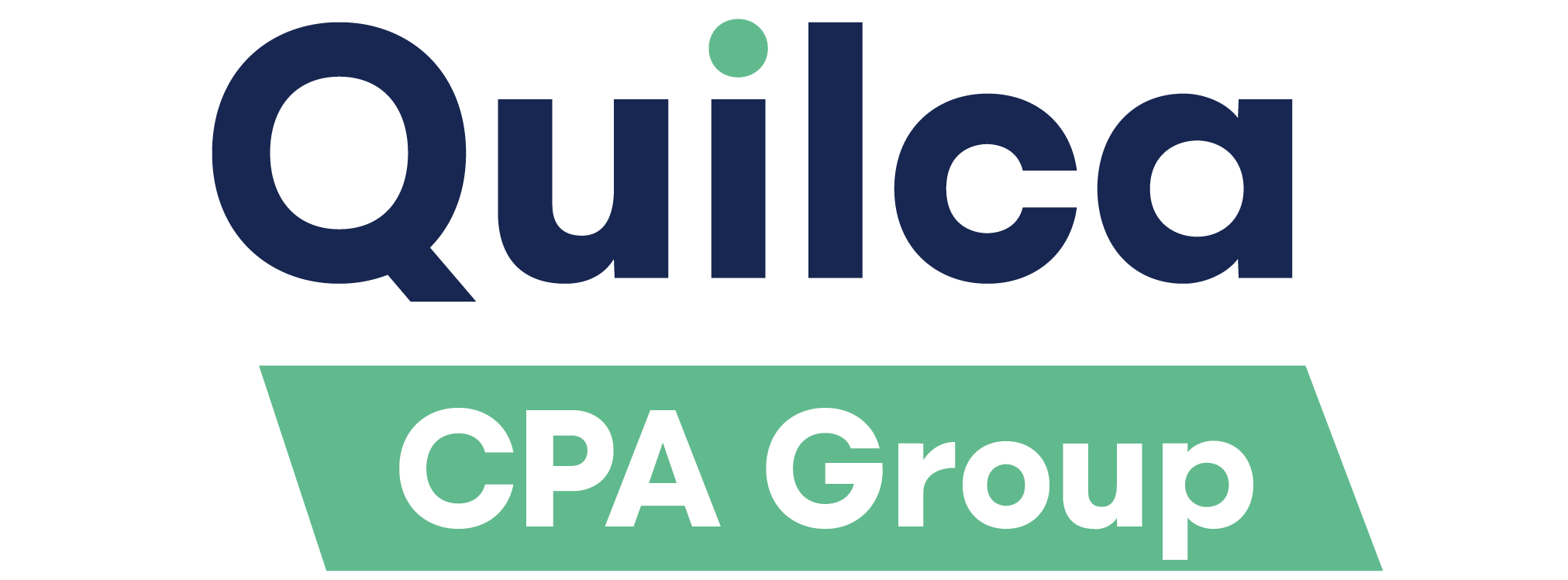Small business taxes can feel like a daunting puzzle; however, having the right information puts you in control. Let us explore the world of taxes and what they might mean for your small business.
Types of Federal Small Business Taxes
The taxes that can apply to your business include:
- Excise Taxes:
Excise taxes get very specific. They apply to the production, sale, or use of select goods and services. Think fuel, alcohol, tobacco, tires, heavy trucks, airline tickets, and even indoor tanning services.
If your business handles these types of products, prepare to navigate the complexities of calculating and remitting excise taxes. Familiarize yourself with relevant forms and deadlines as excise regulations can be very detailed.
- Income Taxes: At their core, businesses pay income taxes on their profits; however, the details depend on your business structure:
- Sole Proprietors & Single-Member LLCs: Your business income (or loss) flows directly onto your personal income tax return. Do not underestimate the power of deductions. Keep meticulous records of qualified business expenses to reduce your taxable income.
- Partnerships & Multi-Member LLCs: Business income is not taxed at the business level. Partners and LLC members report their share of business profits or losses on their personal tax returns.
- Corporations: These entities have their own tax lives. Corporations file separate tax returns. S Corporations act as pass-through entities for tax purposes, while C Corporations pay tax on their profits at the corporate level.
- Social Security and Medicare Taxes: Employers usually withhold Social Security and Medicare taxes (collectively, FICA taxes) from employee paychecks and contribute a matching amount. Stay up-to-date on wage limits and tax rates, as these can change yearly.
- Self-Employment Taxes: If you are a sole proprietor, partner, or a single-member LLC owner, you assume the roles of both employee and employer. This means covering the full cost of FICA taxes through self-employment tax, which is calculated on your net self-employment income. Understanding the nuances of the self-employment tax is essential for proper budgeting.
- Federal Unemployment Taxes (FUTA): Employers pay FUTA tax to fund unemployment benefits for workers. FUTA tax is not taken out of employee wages and remains the employer’s responsibility. Remember that FUTA is separate from state unemployment taxes, which have their own set of rules and requirements.
Business Structure: Making the Right Choice
Your business structure profoundly impacts your tax life. The decision should not be taken lightly. Working with a tax professional to assess different structures in the context of your business model, industry, and long-term goals will provide critical insights. Consider factors like potential liability, tax advantages, and administrative complexities of each structure.
Navigating the Maze of Small Business Taxes
Tax regulations are a constantly evolving landscape. Handling everything on your own opens the door to costly errors and potentially severe penalties. Seeking professional guidance can provide peace of mind and unlock potential tax savings.
At Quilca CPA Group, we are passionate about empowering small businesses with tailored tax solutions. We will be your trusted tax advisors, helping you:
- Gain complete clarity on your unique tax obligations.
- Maximize all applicable tax deductions and credits to minimize what you owe.
- Prepare and file tax returns with precision, meeting all deadlines.
- Proactively plan for estimated tax payments, avoiding year-end surprises.
- Stay informed about changes in tax laws and their impact on your business.
- Develop long-term tax strategies that align with your financial objectives.
Ready to get started? Contact Quilca CPA Group at (786) 310-5582 or email [email protected] to schedule a consultation.
We will build a tax plan that allows you to focus on what matters most – growing your business!







